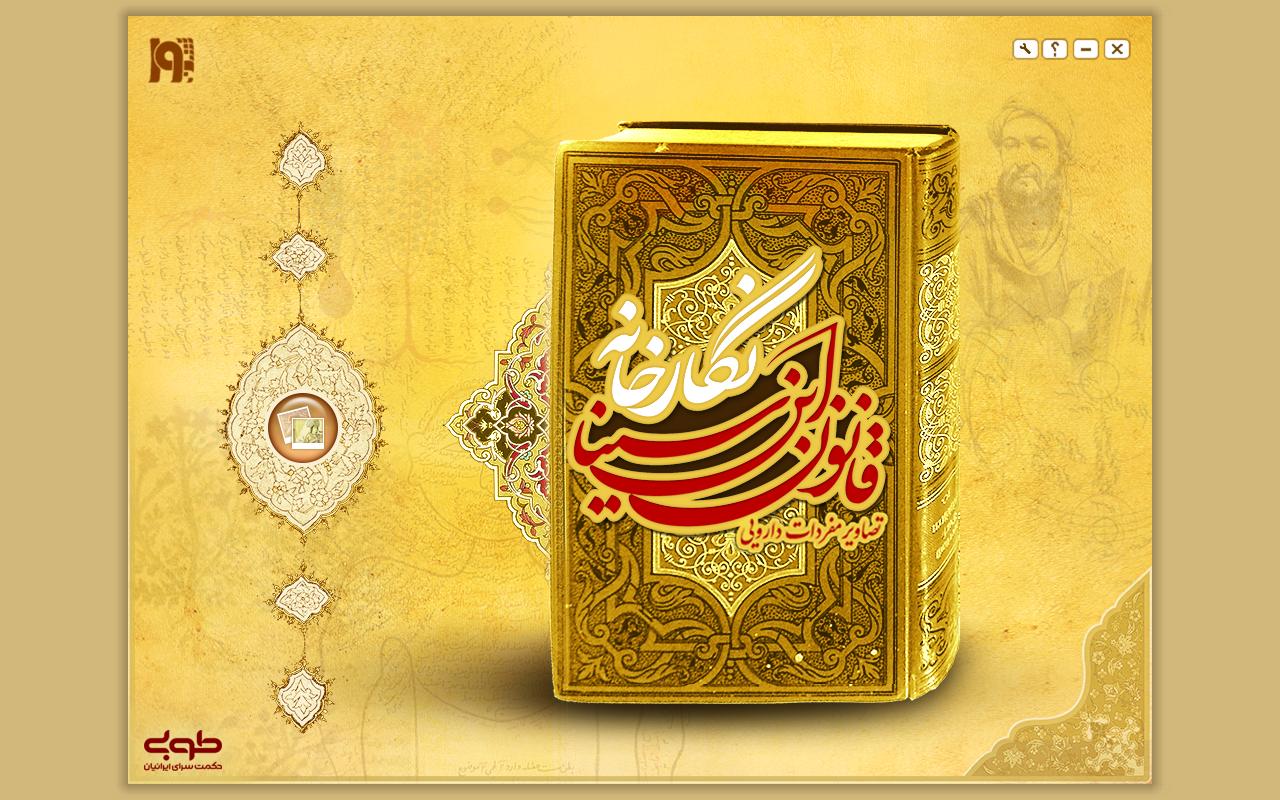Hawzah News Agency- The second volume of the book 'Canon of Medicine' which is an encyclopedia of medicine compiled by Persian philosopher Avicenna (Ibn Sina) has been revised and corrected by Alireza Masoudi, a professor in the faculty of Traditional Medicine in Tehran University.
“This version of book has been published along with a multimedia DVD containing the pictures of drugs entries mentioned in the book, this project has been ordered by the center called Iranian Touba House of Medicine as well as Al-Maee Publishers,” Masoudi said.
He went on, “This book is published in 956 pages and includes 806 drug entries, all of which have been described by Avicenna and they come with detailed foot notes on different accounts of medical treatments,”
Masoudi then pointed at some descriptions mentioned in the book, “We also offer other books on medicine such as; ‘Sharh-e-Ibn-e-Nafis-e-Qurayshi, Al-Shamel-fi-Sanat-Al-Tayyeba, Sharh-e-Hakim Sadr-al-Din Ali Gilani as well as some other prominent physicians. They include diseases’ entries, drugs, famous figures, places and also enumerating book’s entries accompanied by their scientific names. These include works of great comparative botanists such as, Dr. Abolghassem Soltani, Dr Ahmad Ghahremani which are now available for enthusiastic readers.
Referring to the fact that the above-mentioned book is a revised version of Second volume of Avicenna’s Canon of Medicine, he added, “The present book aims at completing research done for the first volume of the series called ‘Principles of Medicine’. We hope to publish the third volume of series based on the third part of Canon of Medicine by Avicenna about illnesses in near future.
Tehran University professor further said, “This book is published with a DVD containing pictures of entries on plants, animals as well as minerals along with their scientific names and categories. It also contains entries foreign names in English, Arabic, Urdu, and Azeri and …
“The compact disc containing this valuable book will be produced and published by the Computer Research Center for Islamic Sciences (Noor) for public access later on.


Your Comment